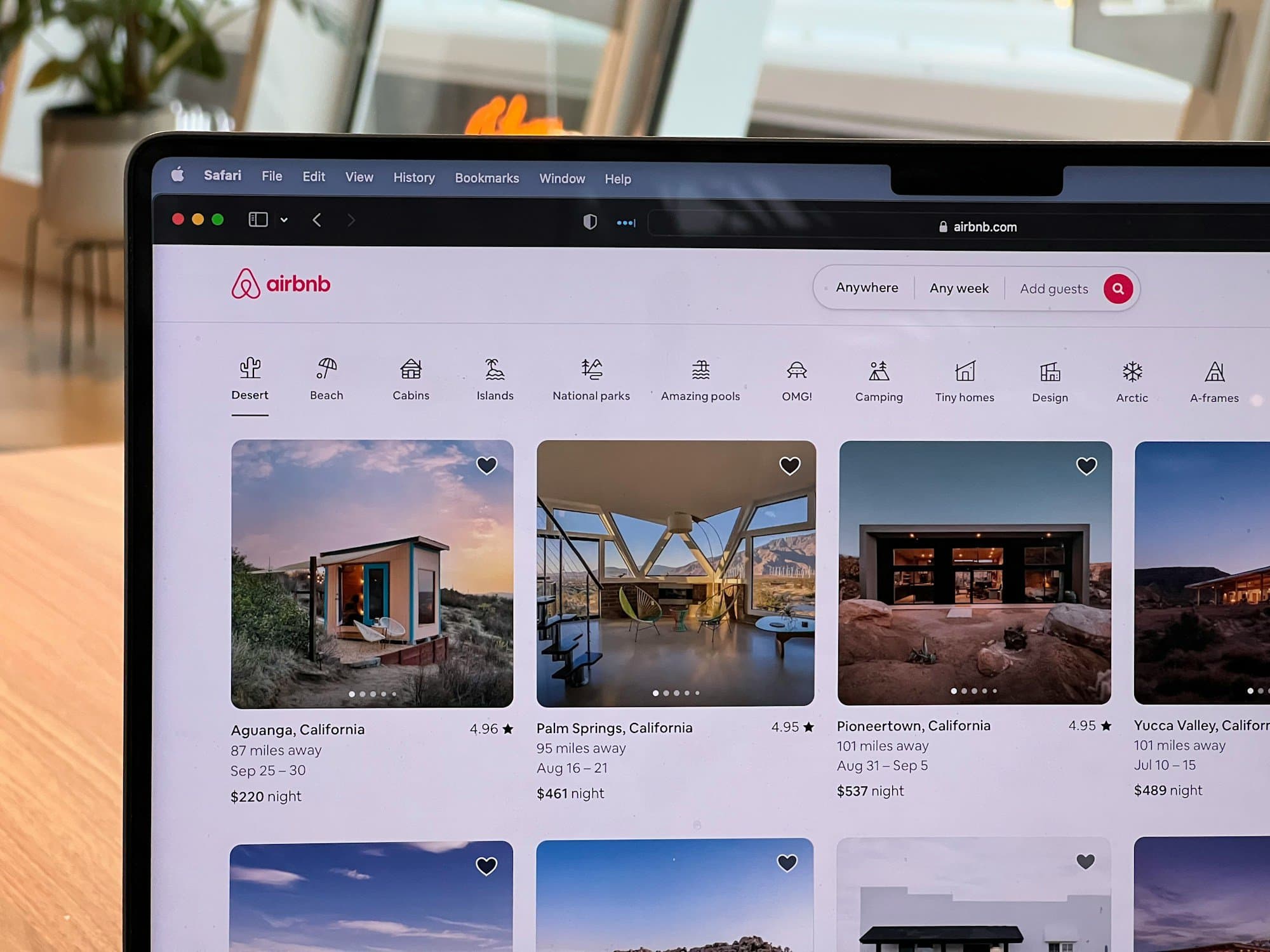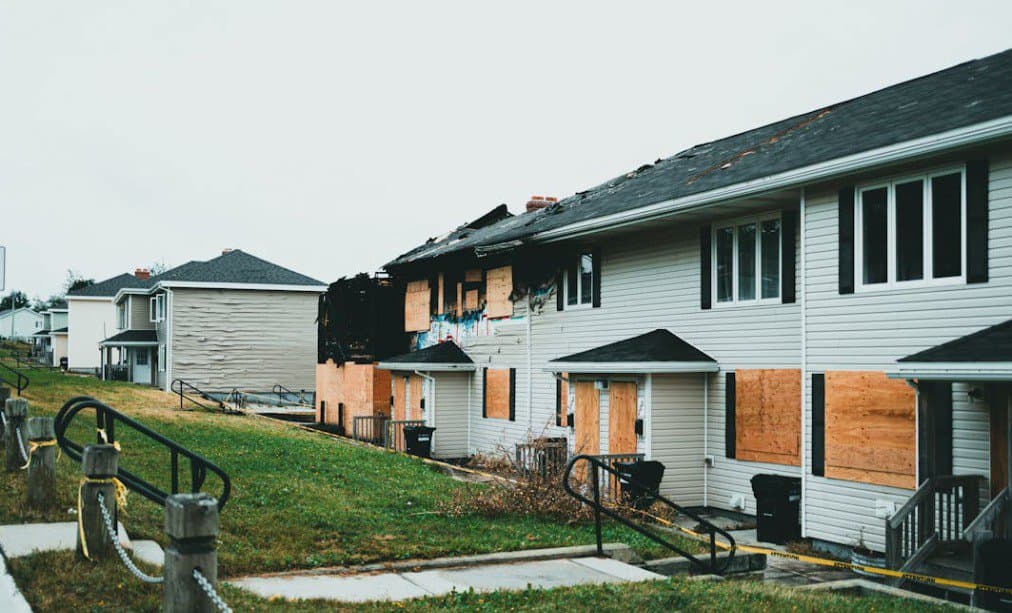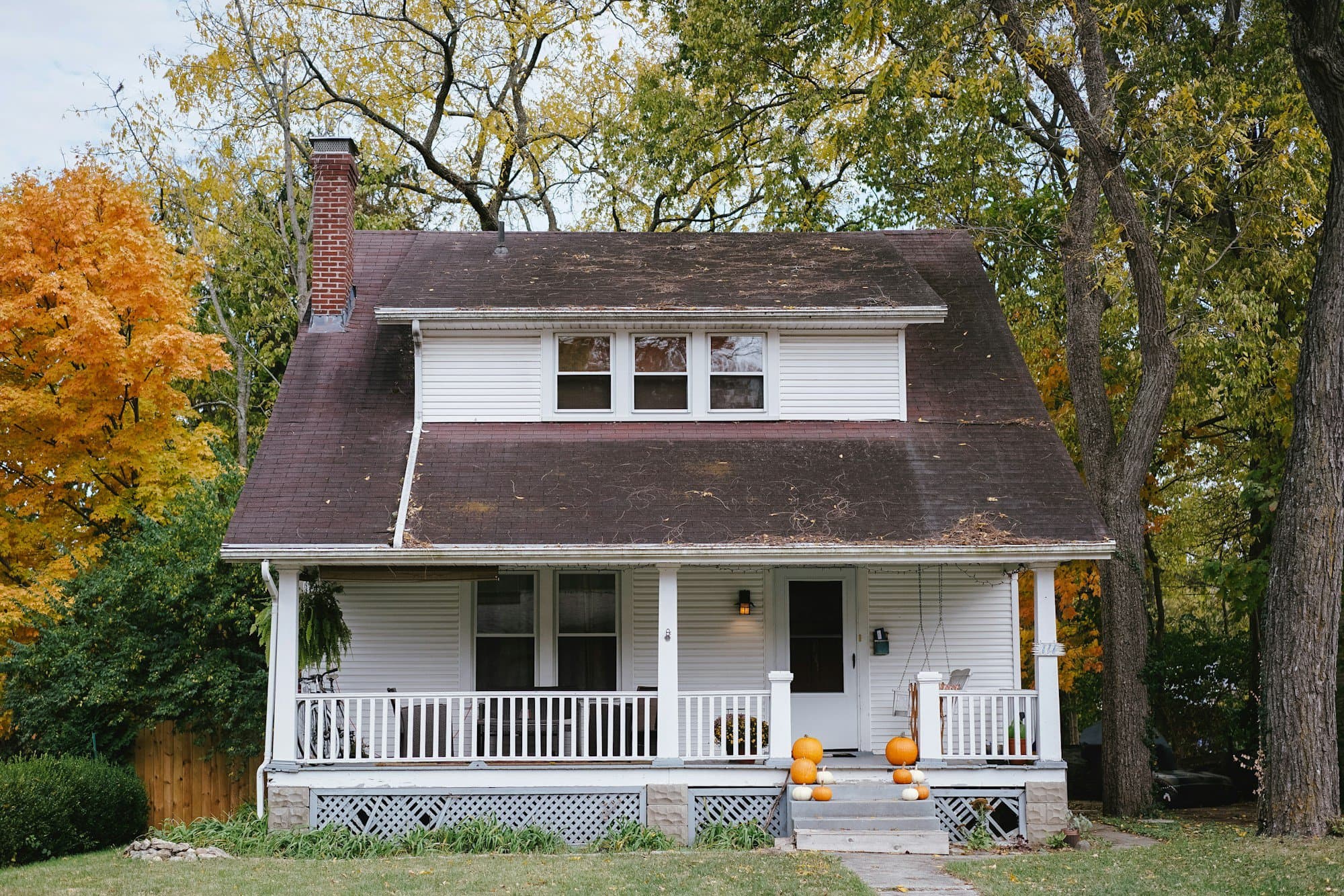
The Basics of Insurance for Airbnb Hosts
Why and How to Get Insurance for Airbnb Hosts
Renting your home or a spare unit on platforms like Airbnb can be a lucrative source of passive income, but it also exposes you to risks that a standard homeowners policy likely doesn’t cover. That means if a guest damages your property, injures themselves on the property, or causes harm to a neighbor, your personal insurance may not help you.
To avoid costly accidents, it’s important to know exactly what kind of coverage you need and how to structure your policy based on how frequently you rent, who’s staying, and whether your rental is a side hustle or a full-blown business. Understanding your insurance options helps you protect your property, meet legal requirements, and ensure peace of mind for both you and your guests.
In this article, we’ll talk about:
- Why your current homeowners insurance may fall short
- The specific types of coverage short-term rental hosts should consider
- Key policy features and endorsements to look for
- How rental software can simplify your insurance compliance process
- Simple, actionable tips to protect your investment right now using insurance for Airbnb hosts
Whether you’re listing your space for the first time or scaling up to multiple short-term rentals, the right insurance plan is necessary to your risk management strategy.
Why Your Homeowners Policy Often Falls Short
Most homeowners insurance policies are designed for owner-occupied residences where the primary occupants are the policyholders themselves. These policies assume limited, occasional guests, rather than a revolving door of short-term renters. Once you list your home or a spare unit on platforms like Airbnb, insurers often classify the property as a commercial venture, which can void or severely restrict your coverage for claims linked to guest activity.
Consequently, this means that if a guest damages your property, steals valuables, or someone gets injured on the premises, your claim may be denied outright. For a rental property or a vacation property owner, this poses a big problem. Even if a policy does include some coverage for short-term rentals, it’s often capped at low limits or applies only in very specific circumstances, which is far less protection than most hosts expect. This is why insurance for Airbnb hosts is a necessity.
Many homeowners policies exclude or limit liability coverage for guest injuries, intentional damage, or lost rental income. For example, if a guest slips and falls in your kitchen or a water pipe bursts during their stay, you could be held personally responsible for thousands in medical bills or repair costs. Without proper short-term rental insurance or a landlord policy tailored to your situation, you’re effectively running a business without business insurance, leaving you exposed to serious financial risk.
Types of Insurance to Consider for Short-Term Rentals
Luckily, there are many plans for insurance for Airbnb hosts to choose from. Below is a list of the best Airbnb home insurance plans.
Landlord / Dwelling Insurance
If your property is used primarily as a rental investment, you should carry landlord or dwelling insurance rather than just homeowners coverage. This coverage typically protects against fire, storms, vandalism, and liability related to your rental property. The core components of this plan consist of property damage, lost rent, and liability.
Short-Term Rental / Home-Sharing Endorsement
Many insurers now offer short-term rental endorsements or home-sharing insurance, which are add-ons to standard policies that cover gaps when you host guests. These are specifically designed for Airbnb-style rentals, filling in risks like guest-caused damage and potential liability not usually covered in homeowner’s insurance.
Umbrella / Excess Liability Policy
Even if your base coverage includes liability, it may not be enough in serious legal cases. An umbrella policy provides additional liability protection above your underlying policy limits, which is helpful if there’s a guest injury claim or property damage lawsuit.
Renter’s / Guest Insurance
Some insurance providers allow guests or tenants to carry renter’s insurance or temporary guest policies. While this doesn’t substitute for your own coverage, it adds a layer of protection for guest property or liability. Many platforms promote tenants having renter’s insurance to protect their belongings and limit liability.
Platform-Backed Coverage
If you’re listing your property on a platform like Airbnb, you’ll benefit from basic protections through host coverage programs. These typically include Host Liability Insurance or Host Damage Protection. However, this coverage comes with important limitations. It doesn’t cover intentional acts, normal wear and tear, or issues like mold, pest damage, or appliance failures. So while it is still helpful, platform-backed coverage is not a substitute for personal insurance.
It’s important to note that you’ll pay an insurance premium each month for insurance protection for your Airbnb rental, assuming you do not pay an advanced lump sum. Luckily, this is an eligible deduction to be written off on your taxes at the end of the fiscal year.
What to Look for in the Right Policy
Choosing the right insurance for Airbnb hosts or for your short-term rental is about more than just the price tag. You must ensure that your investment, income, and personal liability are fully protected. Not all insurance products are created equally, and many standard homeowners policies fall short when it comes to coverage for short-term rental activity. As you evaluate your options, here are the most important factors to consider.
Short-Term Rental Coverage
Make sure the policy explicitly allows for short-term guest stays, such as daily or weekly bookings through platforms like Airbnb. Policies that don’t recognize short-term rental use could deny claims entirely, even for legitimate losses.
Property Damage Caused by Guests
Look for policies that include protection against guest-caused damage. This especially includes accidental damage that goes past ordinary wear and tear. While some host protection programs offer this, your standalone insurance should fill in the gaps.
Landlord Protection
Your policy should include robust liability coverage in case a guest gets injured on your property (e.g., tripping on a rug or falling down the stairs). This is important for protecting yourself from expensive legal claims.
Loss of Rental Income
If damage to your property makes it uninhabitable, your policy should help replace the income lost while repairs are underway. Not every policy includes this, but it’s important if short-term rentals are a key part of your income stream.
Exclusions and Limitations
Always review the fine print. Some policies included in insurance for Airbnb hosts may exclude coverage for mold, flooding, intentional damage, sewer backups, or appliance failure. Others may limit claims tied to shared spaces or co-host arrangements.
Policy Limits and Deductibles
Ensure the coverage limits are high enough to reflect the actual value of your home and the potential risks of hosting. Likewise, make sure the deductible is reasonable and won’t leave you paying large sums out of pocket in the event of a claim.
Disclosure and Notification Requirements
Some insurers require you to notify them if you plan to use your property for short-term rental. Failing to do so could void your coverage. Make sure to ask about any such requirements when purchasing or adjusting your policy.
Simplify Insurance & Financial Tracking with Accounting Software
Accounting software is the easiest way to keep track of your insurance and financial costs. Ledgre is built as all‑in‑one accounting software designed specifically for landlords and rental property owners. It offers tools for financial oversight, making it a useful platform for managing insurance, payments, and related documentation.
With Ledgre you can organize property transactions, track expenses, and generate clear financial reports automatically. Its automated transaction categorization, real‑time dashboards, and reporting by individual property give you a transparent view of how each rental is performing.
When it comes to insurance and risk protection, Ledgre helps in many ways:
- Integrations with property management tools: Ledgre can connect to platforms like Innago to sync transactions and payments, so rental income, maintenance costs, and insurance expenses stay aligned in one place.
- Data storage and access: You can securely store policy premiums, receipts, and insurance documents tied to each property, making it easy to retrieve them when needed (e.g., for claims or audits).
- Financial clarity to guide policy decisions: With Ledgre’s P&L (profit & loss) reports, cash flow views, and expense tracking, you can better assess how much coverage you truly need. This ensures that you don’t under or over-insure your rentals.
By pairing Ledgre’s accounting strengths with an Airbnb homeowners insurance strategy, you can streamline how you request, monitor, and enforce renter’s insurance requirements, therefore reducing risks and ensuring your financials are clear and defensible.
Steps to Take Now
Whether you’re new to short-term rentals or already managing multiple listings, it’s important to take proactive steps to protect your property, finances, and guests. Outside of just attaining insurance for Airbnb hosts, these actions can help minimize risks and make sure you’re fully covered in the event of damage, liability issues, or insurance claims.
- Review your existing insurance policy: Confirm whether your homeowners or landlord insurance includes coverage for short-term rentals. Many standard policies exclude this use unless specifically endorsed.
- Talk to your insurer about short-term rental coverage: Ask about adding a short-term rental endorsement or switching to a policy designed for vacation or Airbnb-style rentals.
- Consider umbrella liability coverage: This can expand your protection beyond your base policy’s limits, which is especially important if someone is injured on your property.
- Use guest disclaimers or waiver: If legally allowed in your area, having guests sign liability waivers can clarify expectations and protect you from legal claims.
- Document everything: Take photos of the property before and after each stay, keep a log of guest incidents, and save maintenance and repair records.
By taking these proactive steps, you can confidently manage your short-term rentals, knowing that your property, finances, and guests are protected.
Conclusion
Navigating the world of short-term rentals requires more than just listing your property; it needs a solid risk management strategy. Understanding your insurance needs and selecting the right coverage is crucial to protecting your investment, income, and personal liability. By exploring tailored options like landlord insurance, short-term rental endorsements, and umbrella policies, you can ensure comprehensive protection against unexpected events. Pairing these insurance strategies with accounting solutions, such as Ledgre, empowers you with the financial clarity needed to make informed decisions.
FAQs
Why might my current homeowners insurance policy fall short for short-term rentals?
Most homeowners insurance policies are designed for owner-occupied residences and assume only occasional guests. Once you rent your home through platforms like the Airbnb platform, it’s treated as a commercial venture. This can void or restrict coverage, leaving you vulnerable if a guest is injured or causes damage.
What types of insurance should I consider for my short-term rental?
Consider landlord or dwelling insurance for rental investments, short-term rental endorsements, umbrella policies for extra liability coverage, and renter’s insurance for guests. These provide critical protections against property damage, liability, claims process, and lost rental income when it comes to airbnb rentals.
How can I find the right insurance policy for my rental property?
Look for a policy that explicitly covers short-term rentals, includes airbnb guest-caused damage protection, and offers robust liability coverage. Ensure it covers loss of rental income and review policy limitations and deductibles thoroughly.
How does Ledgre help with insurance and financial tracking?
Ledgre streamlines insurance and financial tracking by automatically syncing property and payment data, storing documentation securely, and organizing records needed for insurance claims, renewals, and compliance.
What are proactive steps I can take to protect my short-term rental?
It’s essential to review your current policy for coverage gaps, discuss short-term rental coverage options with your insurer, and consider adding umbrella liability coverage. Use guest waivers if allowed, and document every detail related to stays and incidents for future reference.


